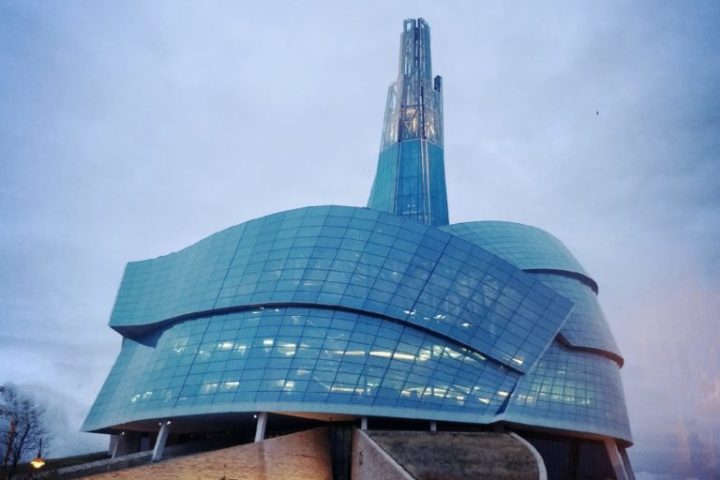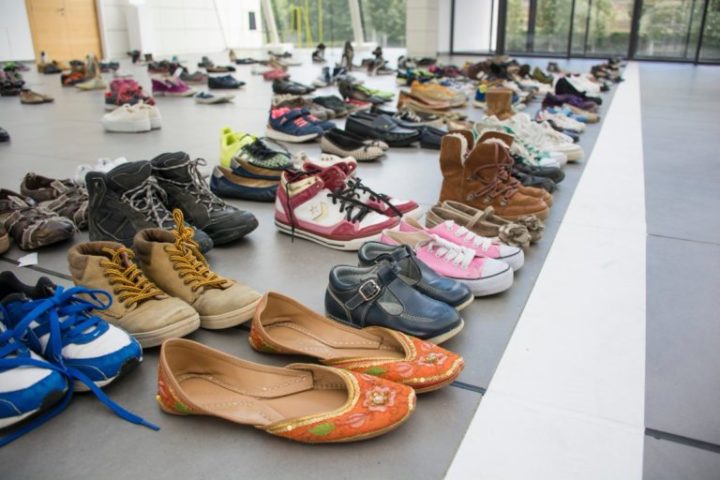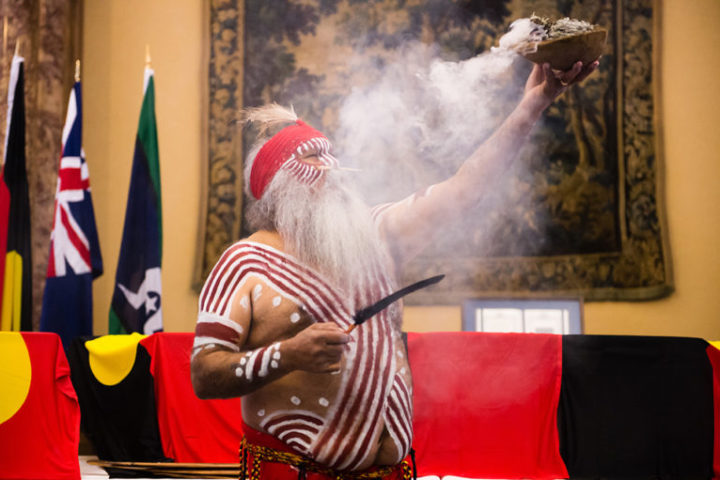Contemporary collections are both contested and powerful. As museums increasingly choose to explore overlooked narratives and address difficult issues, Human Rights has become a topic that concerns all cultural institutions.
From the 25th to the 29th of September, the Canadian Museum for Human Rights hosted the annual conference of the ICOM International Committee for Collecting, ICOM COMCOL, in collaboration with the Federation of International Human Rights Museums (FIHRM). The theme chosen for the event was “Contemporary Collections: Contested and Powerful”. During the three days, packed with sessions with international speakers, participants tackled how museum collections can potentially trigger social, environmental, and political changes by promoting mutual understanding, dialogue and Human Rights.
The conference kicked-off with welcome addresses by John Young, CEO of the Canadian Museum for Human Rights, David Fleming, president of FIHRM, and Danielle Kuijten, vice-chair of ICOM COMCOL. Every day, outstanding speakers delivered keynote speeches. Gail Lord, Co-President of Lord Cultural Resources, focused on how the decolonisation of museums is impacting the way in which they collect and interpret their collections, while Christopher Till, director of the Apartheid Museum of South Africa, introduced how the museum tackles the racial segregation that ruled in the country for almost 50 years.
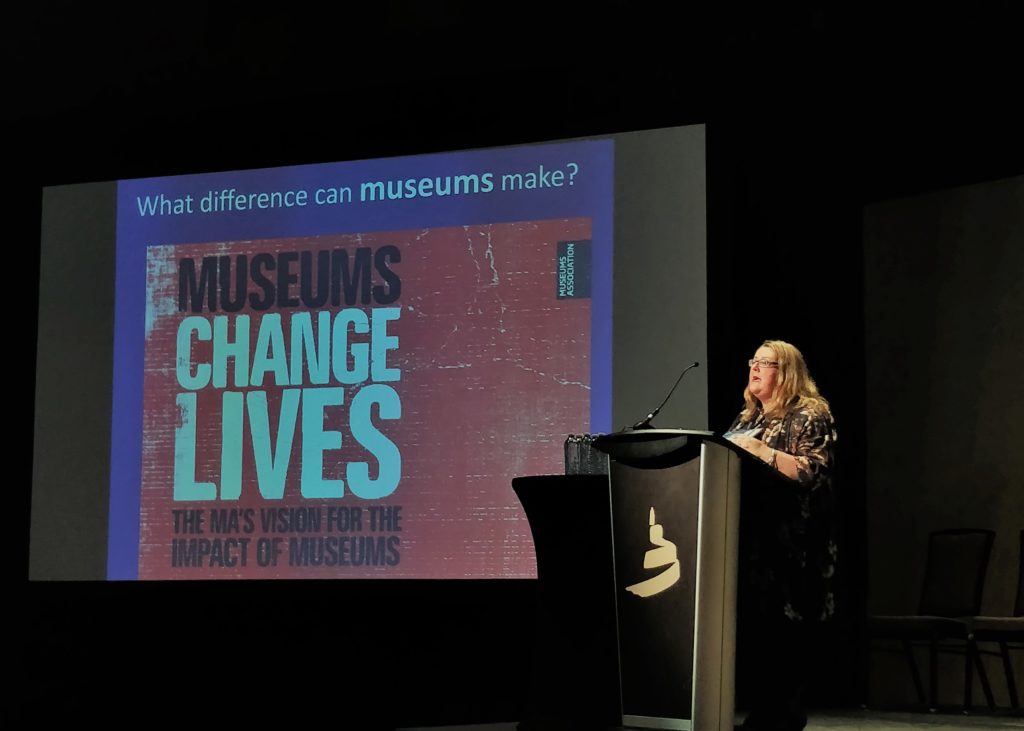
The topic of the plenary delivered by Janet Dugdale, director of the Museum of Liverpool, was how modern museums should foster conversations with their communities about the narratives their collections tell. Finally, Susana Meden, CEO of FIHRM Latin America, explained the process of creating FIHRM-LA and highlighted the need for all museums, no matter their speciality, to actively defend and uphold Human Rights.
Diverse voices with a common goal
During the three days, the presentations and panels tackled a vast array of issues around the challenge of acknowledging and mending the errors of the past to bring about change. The case studies presented diverse examples from all over the world on meaningful collaborations between museum professionals and their various communities, from indigenous peoples to the LGBTQ+ community. This allowed participants to explore in which ways museums can address contested histories through their collections while promoting social justice.
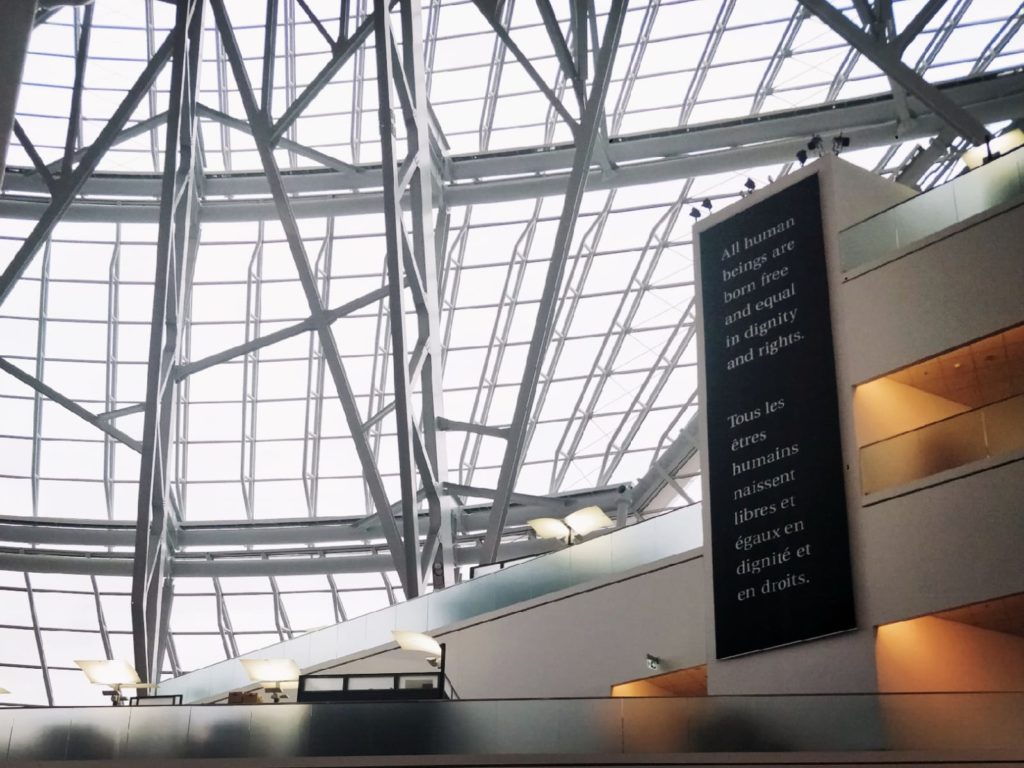
At the end of the conference, a recap listed the most repeated words of the sessions and panels, and among them were transition, narratives, representation and trust. Museums are the most trusted institutions in the world, above governments and newspapers. In a time where the defence of Human Rights is more important than ever, they have the great responsibility of ensuring that, as narratives change, they change for the better.
